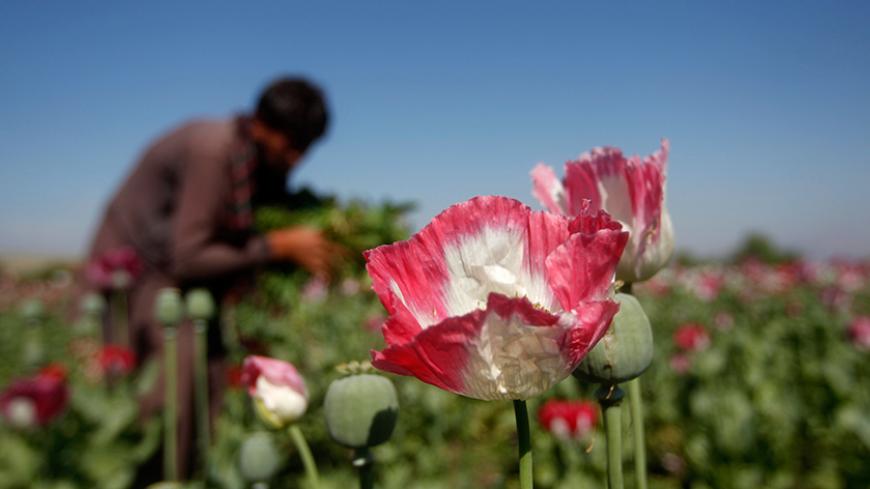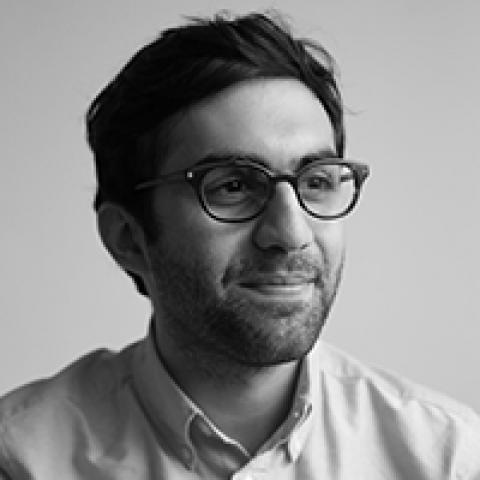
Amir-Pasha Tabrizian is a journalist and graduate candidate of international relations at Northeastern University in Boston. His field of concentration is diplomacy and Middle Eastern affairs. Professionally, he has worked with the United Nations and various private sector entities in Iran as a communications and outreach analyst. On Twitter: @AmirPTabrizian


